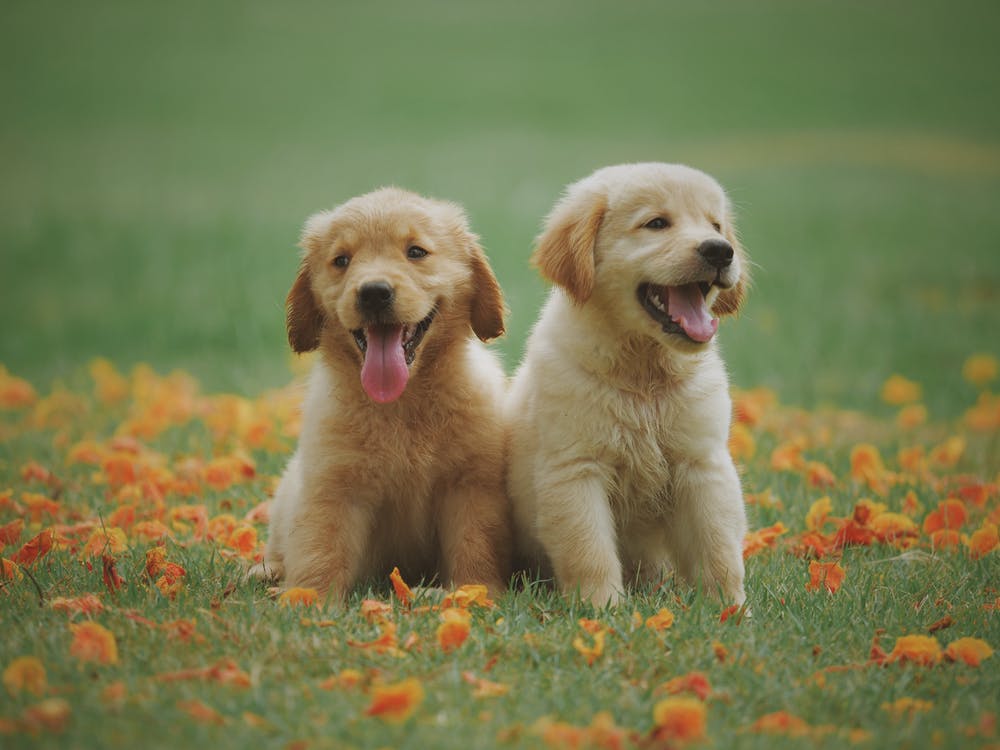All canine parents should learn to house train their puppies after a few months to prevent hassles in the long run. You need to have a lot of patience, tolerance, and love for your canine babies to help them learn easier and better. Keep your motivation high, and you will soon experience a strong urge to train your puppies if they start responding well.
The following tips and tricks are aimed to make it easier for newbie parents to get their furry babies on track as soon as possible.
Toilet Training
Teaching your little pooch to control and manage their urges, as well as relieve themselves at the right place, will help prevent nasty accidents and keep your home clean. Make a note of the suggestions given below to experience maximum results in no time.
Create a proper routine
Make a daily routine for your puppy and stick to it, be it for feeding, walking, exercising, or training. This is the first step in disciplining your pooch and it bears positive results over time. As your puppy gets accustomed to the timetable, it will be easier for them to control and manage their urges and prevent accidents.
Train them to relieve themselves
Most puppies can’t control their bladder for long. Hence, it’s important to take them out frequently, or pick a definite spot inside the house (for apartments) to get relieved. Use a ‘phrase’ or ‘sound’ that they can associate with their act of relieving. You should also learn to identify the signs indicating that your pup wants to pee. And yes, reward them with a treat whenever they relieve themselves at the definite spot you have chosen for them.
Empty the water dish
Most puppies can’t sleep through the night without relieving themselves. Make sure you empty the water dish of your pooch at least an hour before going to bed to reduce their chances of peeing at night. However, if they indeed need to pee, you should keep the door open in your room so that they can wake you up in time.
Bath Training
Most dogs don’t require daily scrubbing like humans, but it’s essential to bathe them once in a while to keep dirt and pests at bay. John Smith from Coziwow (www.coziwow.com) says that puppies can be bathed about every three weeks. You should practice some bathing methods, depending on the size and breed of your puppy to make the process easier.
Use the sink or bathtub
While bathing small pups indoors, you can use the sink or the bathtub to clean them profusely. Avoid letting the water or shampoo into their eyes and rinse thoroughly to prevent any residue from sticking to the fur coat of your baby canine. Limit the use of garden hoses to splash water and do it only if your pooch enjoys the experience.
Brush your pooch before bathing
Matted hair tends to hold the moisture for long, causing irritations on the skin. So brush your pooches properly before bathing them. Also, make sure you put cotton balls in their ears to prevent the water from going inside.
Convince your dog for a bath
Don’t be harsh on them. Let them get the idea that you’re not going to torture them by talking in a patient, reassuring voice before wrapping them up in the towel. Soon, they will learn to enjoy the bath instead of howling and crying every time you take them to the bathroom.
Confinement Training
It’s important for every puppy, whose parents are living in an apartment, to stay confined to a definite area without any frustration. The following tips can help:
Invest in puppy crates
When your puppy is small, stopping them from roaming around the house can be a tad difficult, as they have a lot of energy that keeps them moving at all times. Crate training can help in this regard, but you shouldn’t use it as a mode to punish them but a healthy way to keep them confined. Engage them with toys, puppy stuff, and keep the food and water bowls inside the crate to make them feel at home.
During crate training, you should keep a few things in mind:
-
The crate should be large enough for the puppy to sit, stand, turn around, and sleep. However, it shouldn’t be so large that your pooch starts eliminating at a corner.
-
Take him for a toilet break once in a while, and if you can’t be present 24 hours, make sure someone else volunteers to do so.
-
Don’t let your pooch eliminate the inside the crate. It’s not a good habit and shouldn’t be encouraged or ignored at any cost.
Wrapping it up
Training your puppy can seem to a tiring endeavor at first, and it’s easy to lose your patience. But with those eyes staring at you with eagerness, curiosity, and all the love in the universe, you can’t simply lose your temper. And you needn’t, as the aforementioned suggestions will show results soon.

